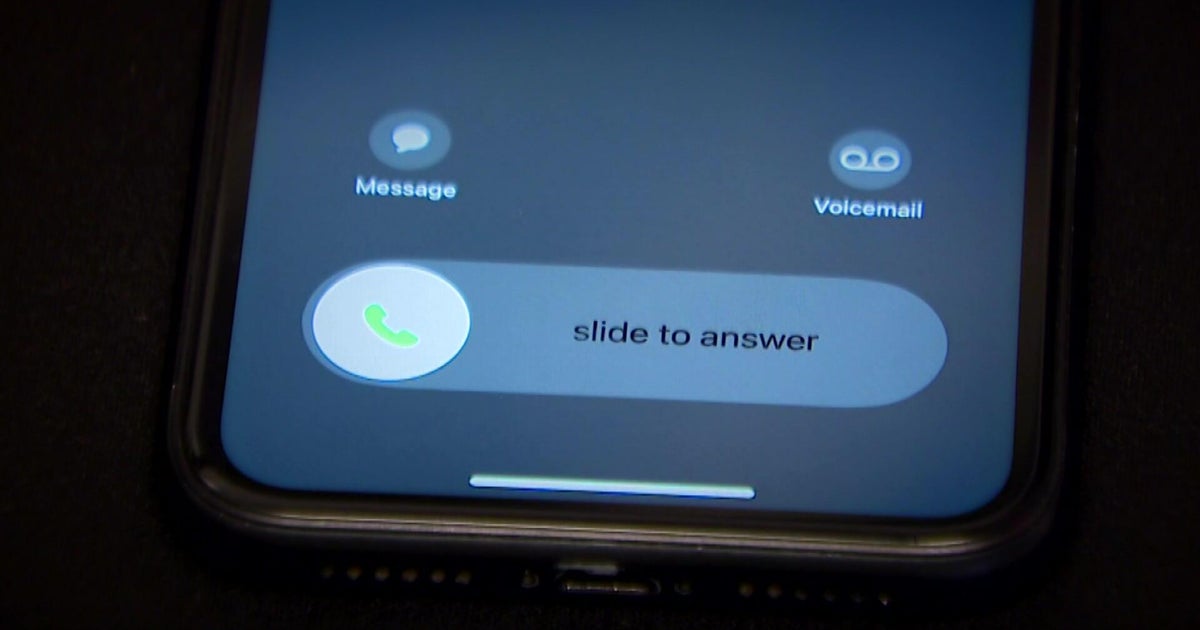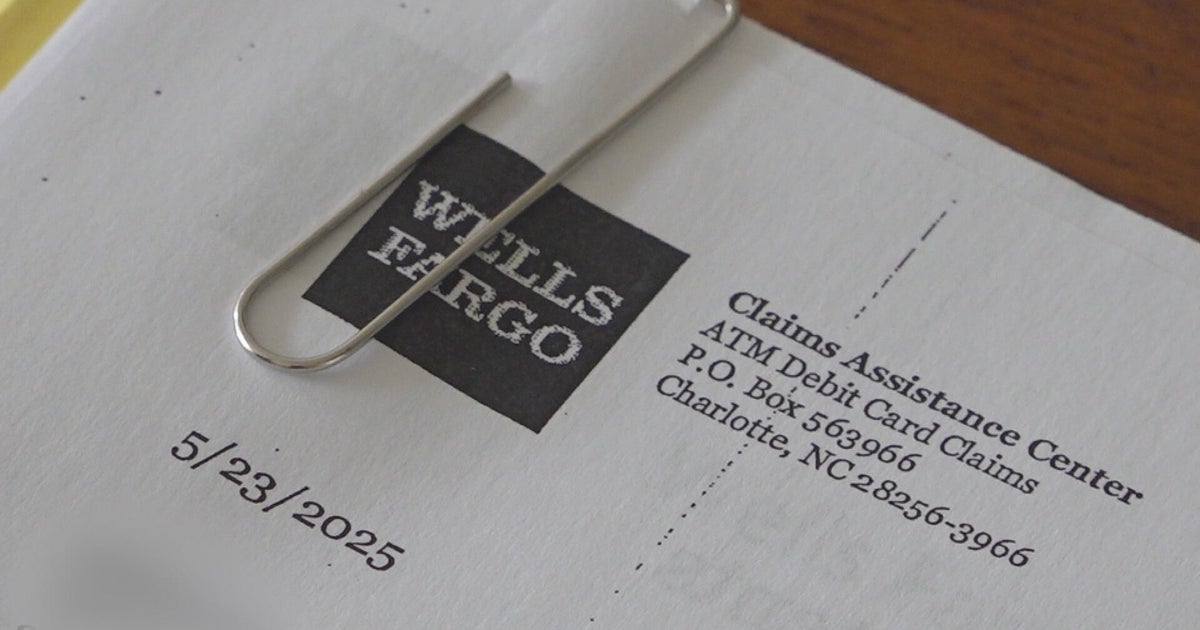Bitcoin ATM fraud is soaring, FTC warns. Here's how the scams work.
Financial scams take many forms: a prominent technology company purportedly warning you that your online account has been hijacked, or someone impersonating a bank executive claims there have been unauthorized charges on your credit card. More elaborate schemes might involve AI and phony law enforcement officials offering to "help" you with your predicament — all you need to do is hand off stacks of cash to an anonymous driver outside your home.
One obvious red flag? Such fraud increasingly involves a so-called bitcoin ATM, according to the Federal Trade Commission. The kiosks, known as bitcoin teller machines (BTM) and often found in places like convenience stores, bars and gas stations, resemble conventional ATMs. But instead of letting you withdraw cash, users can typically buy or sell cryptocurrency using cash as well as debit or credit cards. Another difference is that BTMs are linked to a digital wallet, rather than a bank account.
In 2023, consumers reported $114 million in losses from scams involving BTMs — a nearly 900% increase over the preceding three years, the FTC said Tuesday in a report. Losses through June of this year are around $66 million, a sign the trend is only growing, while the median amount people lost was a whopping $10,000.
According to the Better Business Bureau, crypto-related fraud is now among the most common financial scams. Criminals often target older consumers, with the FTC noting that people age 60 and over are more than three times as likely as younger folks to get stung by BTM scams.
In a typical BTM theft, the fraudster may claim your computer has been hacked, or even that your bank accounts have been linked to drug smuggling or money laundering. They can help — but only if you follow their instructions to the letter.
The ruse may also include offering to connect you with a representative from the FTC, IRS or other government agency.
At that point, the FTC explains, the scammer will instruct victims to withdraw cash from their bank and direct you to a nearby BTM, where they text you a QR code to scan at the machine. That zips the money directly to the thieves' crypto wallet.
The bottom line, according to the FTC: "Don't believe anyone who says you need to use a Bitcoin ATM to protect your money or fix a problem. Real businesses and government agencies will never do that — anyone who does is a scammer."



